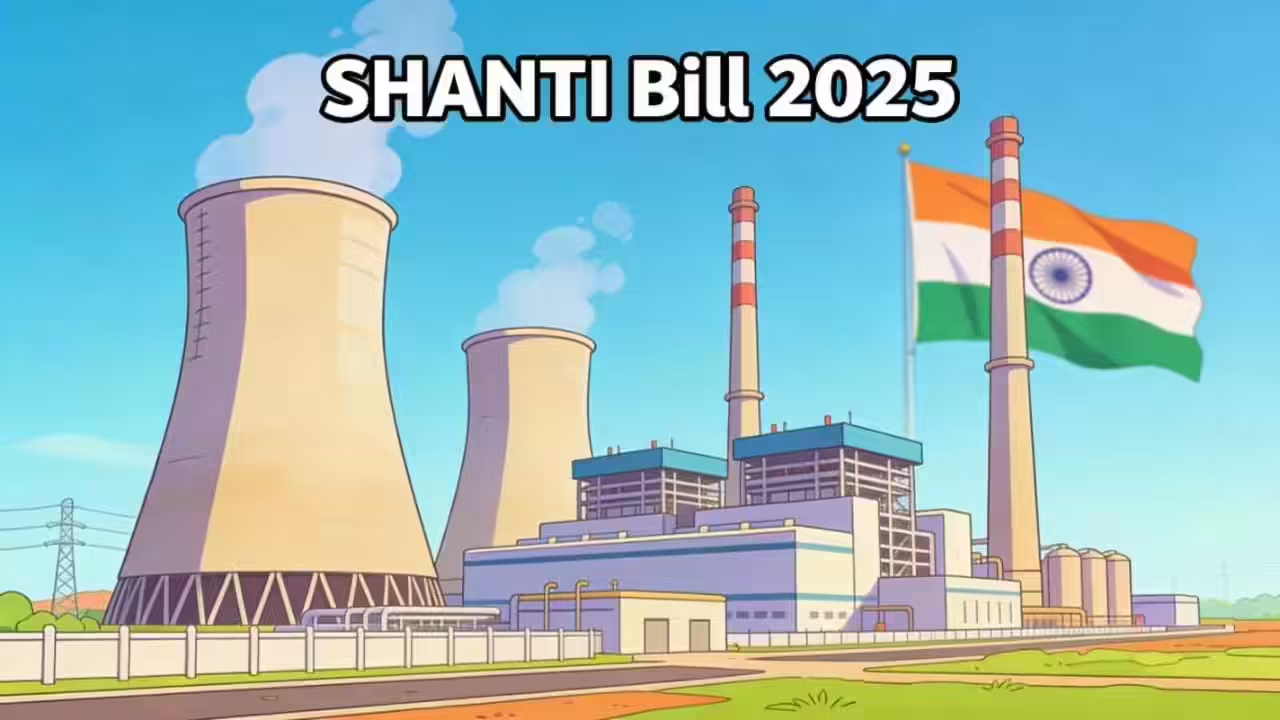Font size:
Print
Sarva Dharma Meeting
Context: The National commission on minorities (NCM) advised State Governments and UTs to hold monthly “Sarva Dharma Meetings” with all communities.
About Sarva Dharma Meeting
- The meeting will be held monthly at the sub-divisional level and half-yearly at the district level to curb attacks and hate crimes against minority communities.
- The meeting will emphasise the need to protect the right to practise religion given to every citizen under Article 25.
- States/ UTs were also advised that the members of all communities i.e. Minority and Majority, representing Opinion Makers, NGOs, Religious Persons and Educationists, may be identified and involved in the ‘SARV DHARMA SAMVAD’ meetings.
About Sarva Dharma Sambhav
- Sarva dharma sambhav emphasised by M. Gandhi denotes the Indian model of secularism.
- To prevent conflicts caused by religious bigotry, Gandhi suggested “Sarva Dharma Sambhav”. According to him all religions are true and man cannot live without religion so he recommends an attitude of respect and tolerance towards all religions unlike western model which bans public display of religious symbols.
- Indian model of positive secularism:Since in India religion and state are not mutually exclusive , the state cannot completely remain separate from religion and
- Thus Indian model of positive secularism allows positive interference of state in matters of religion so that citizens can practise their fundamental rights e,g,
- Judiciary cutting down provisions which are non essential to religion.
- Creation of National commission on minorities by Parliament.
- The concept is contrary to western model of secularism i.e negative secularism where state and religion are completely separate and do not interfere in each other’s matters.
About National Commission on minorities NCM
- It is a statutory body established by the Union Government through the National Commission for Minorities Act of 1992.
- The act recognises Muslims, Christians, Sikhs, Buddhists, Zoroastrians, Parsis and Jains as minority groups comprising 19.30% of the population(2011 census).
- The constitution and the Act do not define the term ‘minority’, but enables the Central Government to notify ‘minorities’ based on religion and language for the purposes of the Act under Article 30 of the Indian Constitution.
- The Ministry of Minority Affairs is the Nodal ministry.
- A multi-member body, nominated by the Central Government, includes a Chairman, Vice-chairperson, and five members. Five members, including the Chairperson, must be from minority communities.
Important Functions
- Monitor the working of the constitutional and legal safeguards for minorities.
- Make periodical or special reports to the Central Government.
-
- All such reports are presented before each House of Parliament by the central government, along with a memorandum(action taken on the recommendation made by the Commission). The memorandum contains the reasons for the non-acceptance of any of such recommendations.
- Possesses powers of a civil court like summoning a person, receiving evidence when looking into specific complaints regarding deprivation of rights and safeguards of minorities.

Hate Crime
According to NCRB data of 2022 there has been a 45% increase in cases pertaining to hate speech and other acts to promote enmity.
Hate crime lacks a clear definition in Indian law due to its varied forms. However, hate speech is addressed under IPC Sections 153A, 153B, 295A,which punish words promoting disharmony, hatred, or insults based on religion, ethnicity, culture, language, region, caste, community, or race.



